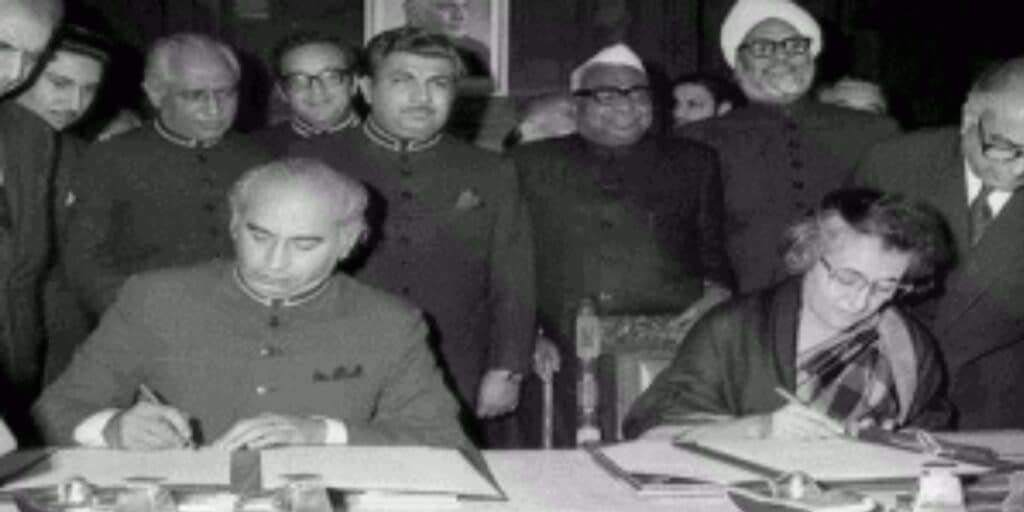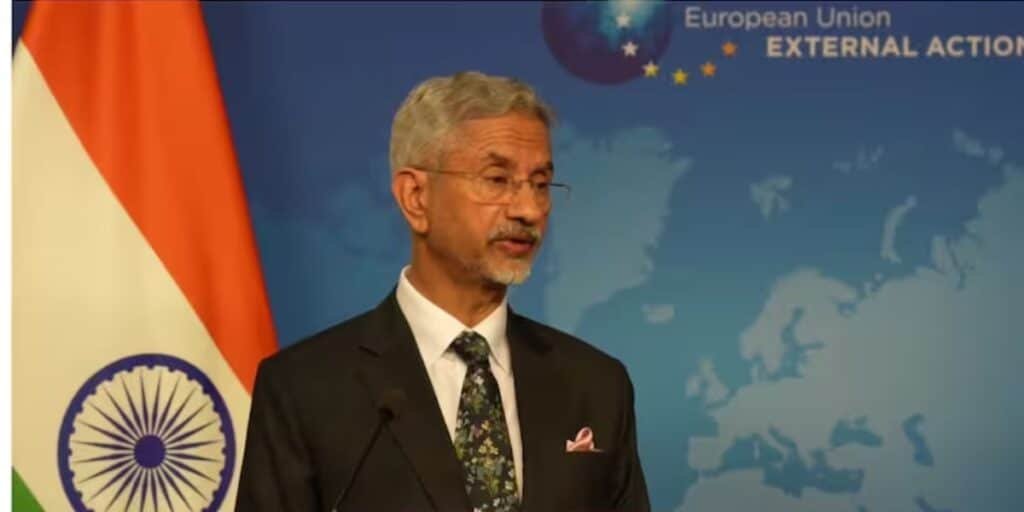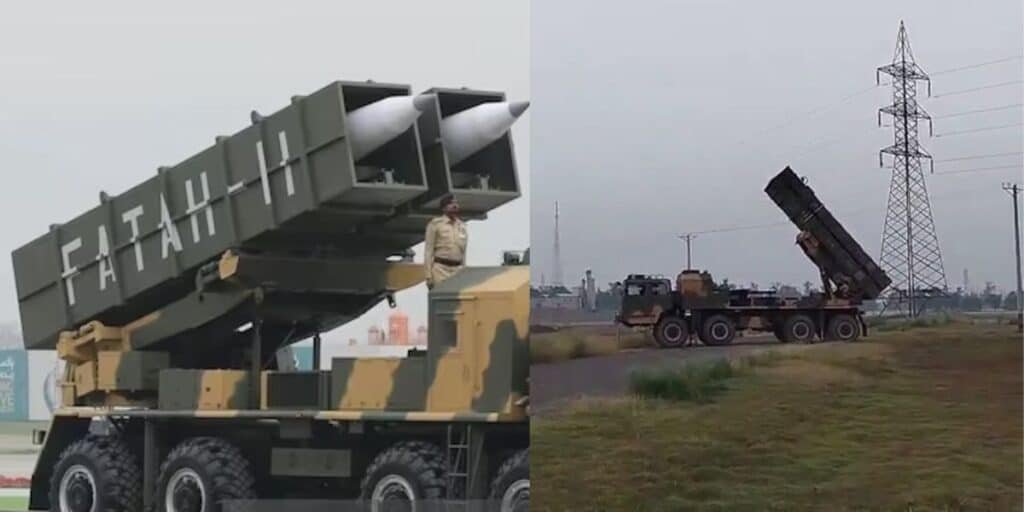In a significant development, media reports have suggested that the Shimla Agreement between India and Pakistan has not been suspended.
Geo News reported that its sources within the Ministry of Foreign Affairs (MOFA) denied recent reports of suspension of Shimla Agreement.
Defence Minister Khawaja Asif while talking to media on June 4 remarked, “Shimla Agreement between Pakistan and India has become ineffective; therefore, as a result of India’s aggressive actions, Pak-India relations have returned to the position of 1948.”
In an exclusive interview with a private TV, Pakistan’s Defence Minister Khawaja Asif said that Pak-India relations have returned to the position of 1948.
Khawaja Asif had termed India’s Hindutva ideology as dangerous for the region and said that its supporters can go to any extent to achieve their goals.
Asif further added, “Shimla Agreement has become ineffective, now the Line of Control (LoC) should be considered a ceasefire line, and there is a need to discuss its status.”
Criticising Indian Prime Minister Narendra Modi, Khawaja Asif said, ‘Even Rahul Gandhi has called him Surrender Modi. I have never seen anyone humiliated so much.’
On the economic front, Khawaja Asif said that Pakistan’s economy is improving and the Finance Minister is playing a key role in this process.
Khawaja Asif said that the Simla Agreement was an agreement between the two countries which has now become ineffective. Regarding Kashmir, he said that the Kashmir issue has gained global attention.
Referring to the Peshawar Jirga, Khawaja Asif reminded that Field Marshal Ayub Khan had spoken openly to the people of FATA, if the chain of hosting enemies is stopped, then terrorism can be eliminated within a month.
On the issue of Afghan refugees, Khawaja Asif said that the repatriation policy should continue because they have not shown any loyalty to Pakistani soil.
What is Shimla agreement between India and Pakistan?
The Shimla Agreement was a significant bilateral treaty between Pakistan and India, signed by President Zulfiqar Ali Bhutto and Prime Minister Indira Gandhi following the end of 1971 war between India and Pakistan.
The 1971 war led to separation of East Pakistan and the Shimla Agreement between Pakistan and India which made certain bilateral blueprints for both countries relations.
The 1971 Shimla agreement laid out a few foundational principles which guided future relations between both countries, including the dispute on Kashmir:
Peaceful settlement of disputes: Both countries agreed to resolve all disputes – including Kashmir issue – bilaterally, without third-party intervention. This was a significant change regarding Kashmir issue because Pakistan agreed to not involve other countries in resolving the Kashmir dispute with India, including the United Nations.
Respect for sovereignty: The two countries agreed to respect each other’s territorial integrity, political independence, and non-interference in internal affairs.
Establishment of LOC: The Line of Control (LOC) which is the ceasefire line between Pakistan and India in Jammu and Kashmir territory was established in 1971. Both sides committed not to unilaterally alter the LoC — an attempt to stabilise the contested region.
Release of prisoners of war: As part of the deal, India agreed to release over 93,000 Pakistani prisoners of war — one of the largest post-war prisoner releases in history.
Normalisation of diplomatic ties: The agreement called for steps to restore diplomatic, economic, and cultural relations, including resumption of communications, travel, and trade links that had been severed






